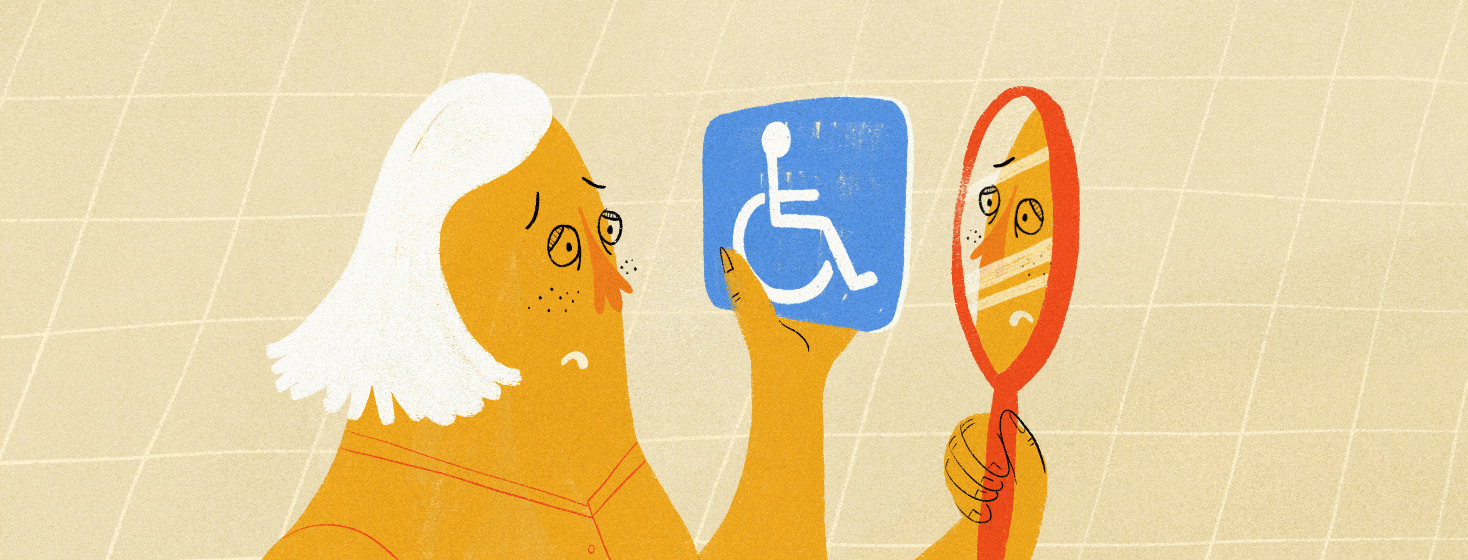“Do You Consider Yourself to Be a Disabled Person?”
"Do you consider yourself to be a disabled person?"
Unfortunately for me, I could answer this in 2 different ways:
No, I don’t, because for the better part of my life I was undiagnosed and lived my life as what people would consider a perfectly “normal” person.
Yes, I do, because I have a chronic condition that ticks a number of boxes and is now formally recognised in many countries as a disability.
However, every time I have to fill out a form and this question appears, for some reason there’s an image that pops into my mind every time I think of a “disabled” person, and it’s the typical sign you see in every car park or bus stop — a sign that illustrates a wheelchair.
We've been programmed to identify disability with visual cues
I hesitate whenever I have to answer this question, and I still feel guilty every time I have to tick the “Yes” box. And I truly wish I didn’t feel this way.
I believe that this is because generally, as a society, we have been programmed to identify disability in an entirely visual manner. We need to see disability to classify it as such.
We see so many images of disability everywhere, and I find them extremely hard to identify with. The ones I remember are the wheelchair symbol, the white stick, the guide dog, and the accessible toilet.
There is no common sign that could depict narcolepsy
For 28 years of my life, I had constructed a solid assumption of myself as a non-disabled person, and it can be extremely difficult to shed such a deep-rooted belief. But what could we possibly do to correct this? Is it even something that is possible to rectify?
There is no sign that would come close to depicting narcolepsy, or any invisible condition.
This adds to that feeling of guilt that people with a condition like ours feel throughout our entire lives. We feel as though if we sit in that disabled seat or park in that disabled spot, people will look at us with judgment. And it’s a fact that they will, because on the outside, we don’t look disabled.
Enter the feeling of shame and guilt.
Society needs to learn that not all disabilities are visible
So this is also why I struggle to see myself as “disabled,” and I think I will always struggle with this because society doesn’t see me this way. I think that as a society, we should be re-educated about what a disability is and the many ways it can look.
It’s important for us to learn from a young age that not all disabilities are visible, but that doesn’t take away from their significance. Maybe then we will stop feeling guilty for asking for things that we have a right to. Maybe then we can stop comparing ourselves to other conditions that make us feel as if ours isn’t as bad, and therefore we don’t need the support as much as others.
I’m hoping that one day I will no longer hesitate when I see that question: “Do you consider yourself to be a disabled person?”
Have you struggled with the question of whether you identify as disabled? Have you faced barriers to accommodation because of an invisible disability? Share with us in the comments below.

Join the conversation